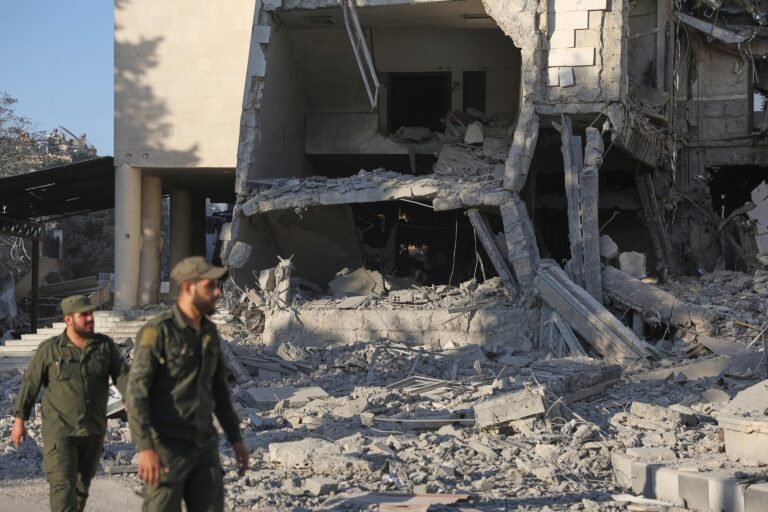Introduction to the Economic Landscape in Syria
The economic conditions in Syria have been severely impacted by years of conflict and sanctions. However, recent international efforts to lift certain sanctions have opened up possibilities for rejuvenation. This article explores the current economic landscape in the country following these developments.
The Impact of Sanction Relief on Trade
With the lifting of some international sanctions, trade opportunities for Syrian businesses have increased. This newfound access to international markets can potentially stimulate economic growth. For instance, agricultural products can now reach wider markets, benefiting local farmers.
Boosting Export Potential
Sanction relief allows Syria to enhance its export capabilities. As trade restrictions ease, Syrian goods may gain better access to foreign markets, which is vital for the economy. This is particularly crucial for the agricultural sector, where many producers have struggled to compete.
Foreign Investment Opportunities
The lifting of sanctions has created a more favorable landscape for foreign investors. Investors are now looking at Syria as a feasible option for capitalizing on its untapped resources and infrastructure development. Infrastructural investments could lead to job creation and economic stability.
Challenges for Foreign Investors
Despite the potential, numerous challenges still hinder foreign investment in Syria. Political instability, corruption, and the lack of proper infrastructure pose significant risks for investors. However, international cooperation is essential to mitigate these challenges and reassure potential investors.
Economic Recovery and Reconstruction Efforts
Reconstruction efforts are critical for economic recovery in Syria. International assistance, along with local initiatives, will significantly impact the rebuilding process. Focused investment in infrastructure, education, and healthcare is necessary for a sustainable recovery.
The Role of Humanitarian Aid
Humanitarian aid continues to play a vital role during the recovery phase. While the economy requires structural changes, immediate assistance is necessary to address pressing humanitarian needs. Organizations are working tirelessly to support vulnerable populations in the region.
Conclusion: The Future of Syria’s Economy
The future of Syria’s economy largely depends on strategic international partnerships and responsible governance. By effectively utilizing the opportunities presented by sanction relief, Syria can embark on a path of recovery and growth. For more in-depth information, you can read about [Syria after international sanction relief](https://borgenproject.org/syria-after-international-sanction-relief/).

